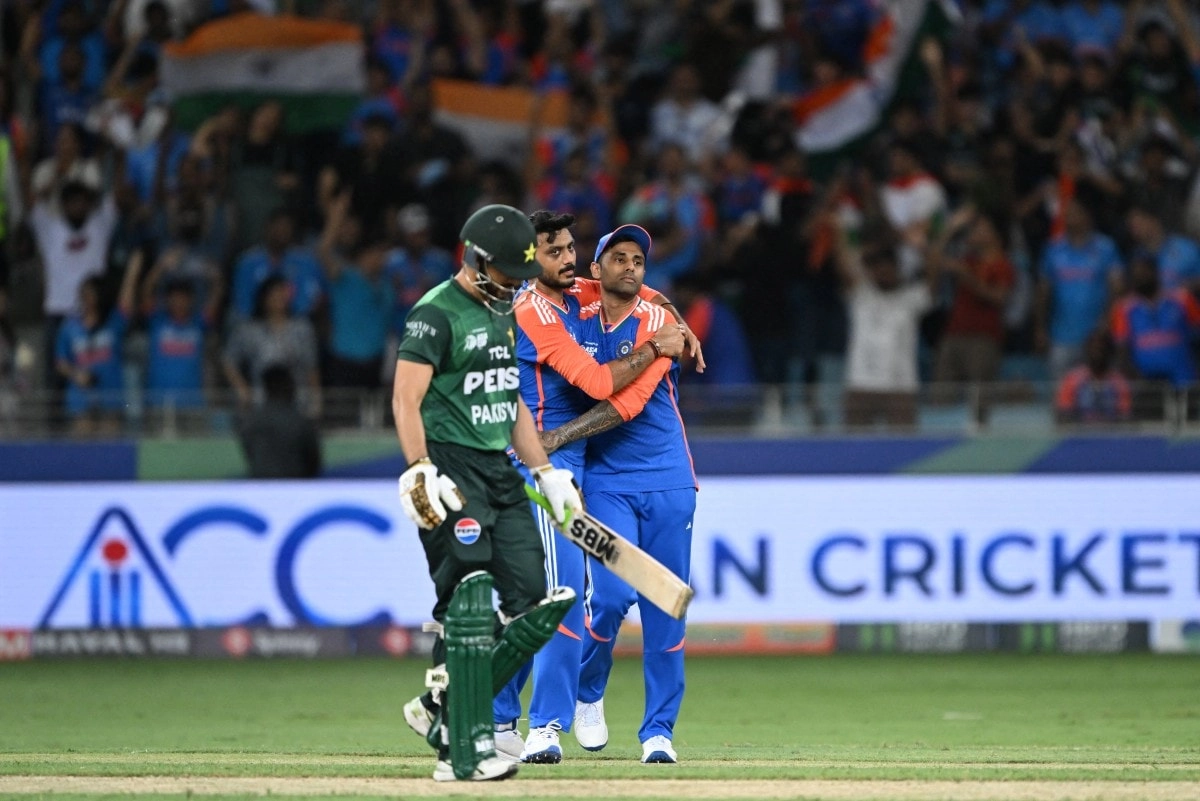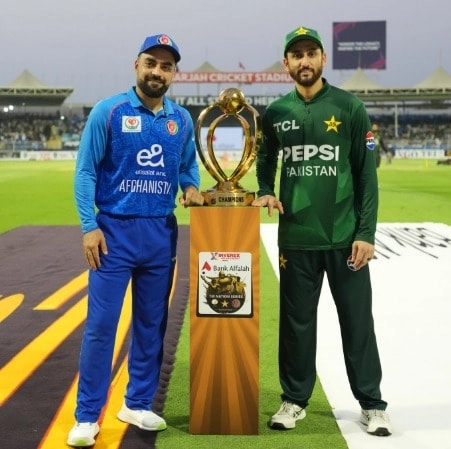The ongoing controversy surrounding the Asia Cup has taken another turn, as Pakistan’s cricket team faced criticism after skipping a scheduled press conference. This decision came amidst heightened tensions related to the “handshake” row, which has sparked discussions and debates across the cricketing world. The Asia Cup, a significant tournament in the cricket calendar, has not only been a platform for showcasing talent but also a stage for diplomatic relations among the participating nations. The absence of the Pakistani team from the press conference has raised eyebrows, with many questioning their commitment to open communication and transparency during such a vital event.
The “handshake” row itself has been a focal point of controversy, highlighting the intricate relationship between sports and politics in South Asia. The incident, which reportedly involved a refusal to engage in customary gestures of goodwill, has led to speculations about the underlying tensions between Pakistan and other participating nations, particularly India. This diplomatic nuance is often reflected in the behavior and interactions of players and officials during tournaments, making the Asia Cup not just a sporting event, but a complex interplay of relationships that can have far-reaching implications.
Critics of the Pakistani team’s decision to skip the press conference argue that it not only reflects poorly on their professionalism but also undermines the spirit of the tournament. Press conferences serve as crucial platforms for teams to engage with fans and the media, providing insights into their strategies, motivations, and perspectives on the game. By withdrawing from this engagement, Pakistan risks alienating supporters and diminishing their visibility in a tournament that is heavily followed both regionally and globally. The decision could also be interpreted as a missed opportunity to address the ongoing tensions and foster a more positive narrative surrounding the team and its performance.
As the Asia Cup progresses, the implications of this decision continue to unfold. The management and players of the Pakistani cricket team will need to navigate these challenges carefully, balancing their competitive spirit with the diplomatic sensitivities that come with representing their country on such a prominent stage. In an era where sports often transcends boundaries, the actions taken by teams off the field can significantly influence public perception and international relations. The cricketing community will undoubtedly be watching closely to see how Pakistan responds to the unfolding situation and whether they can recover from this setback in time to make a strong showing in the tournament.




